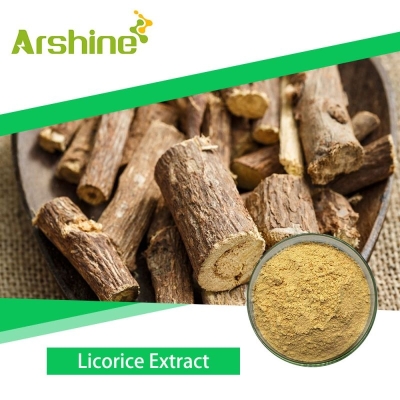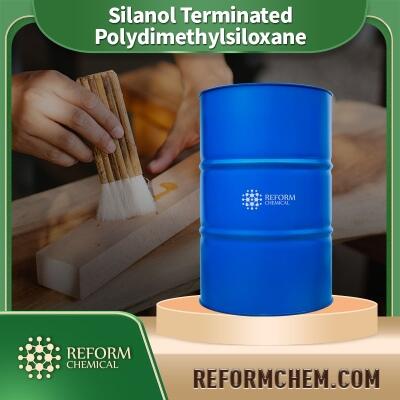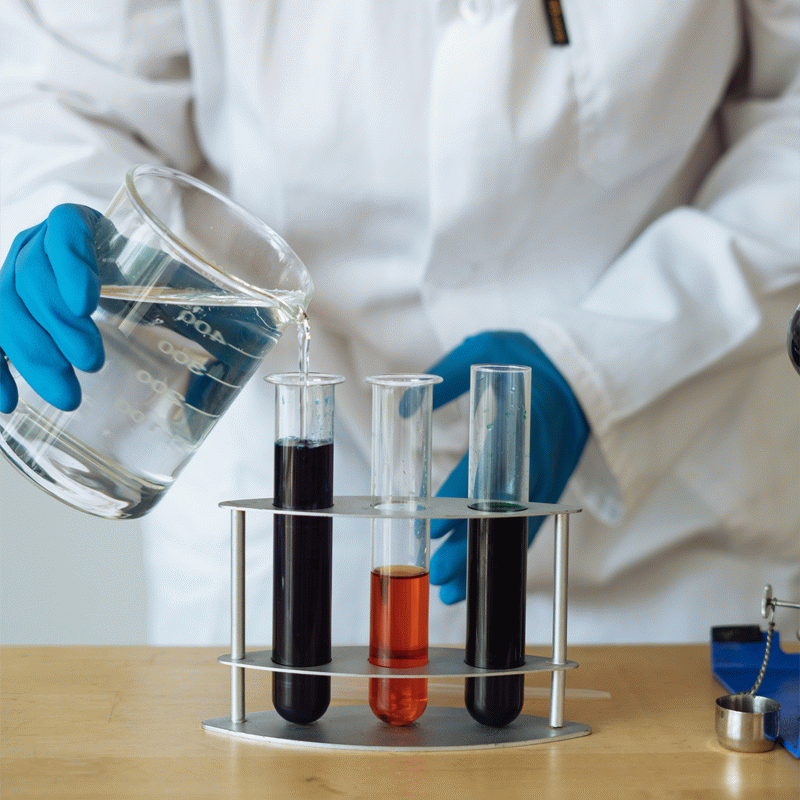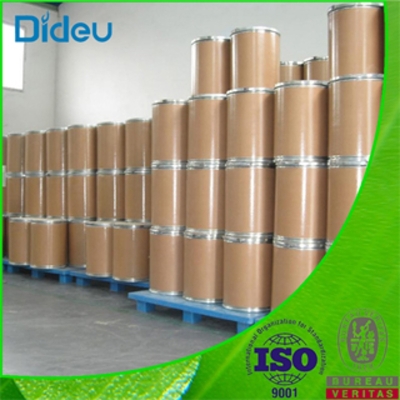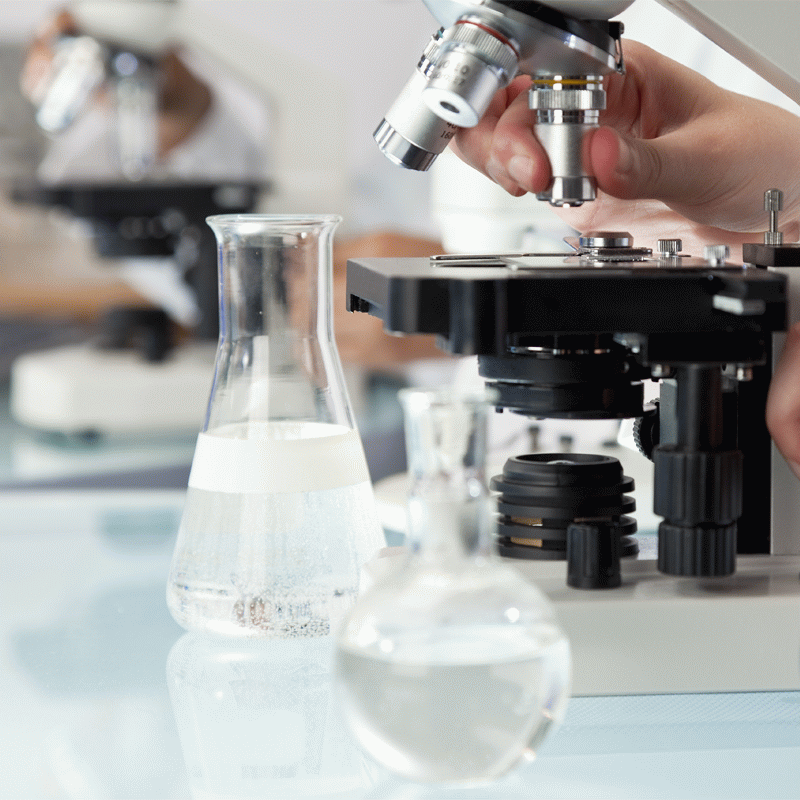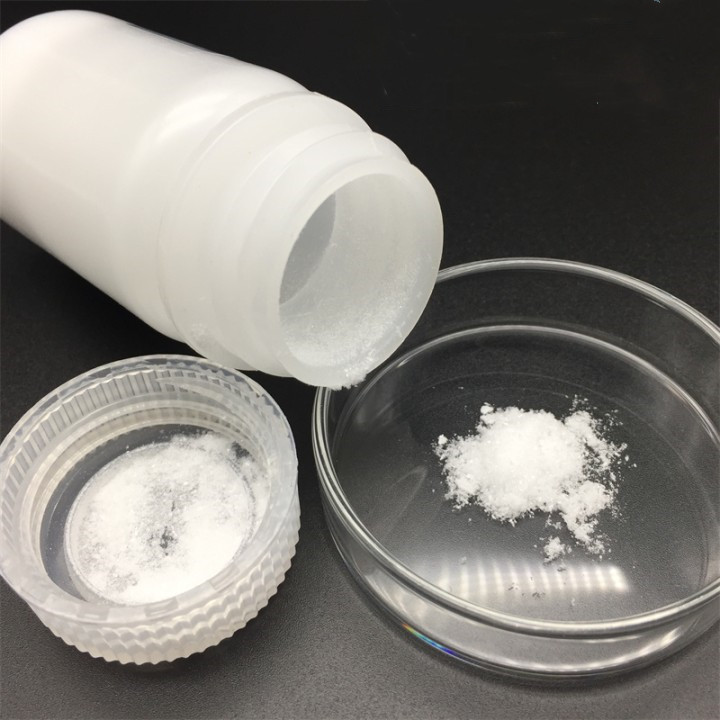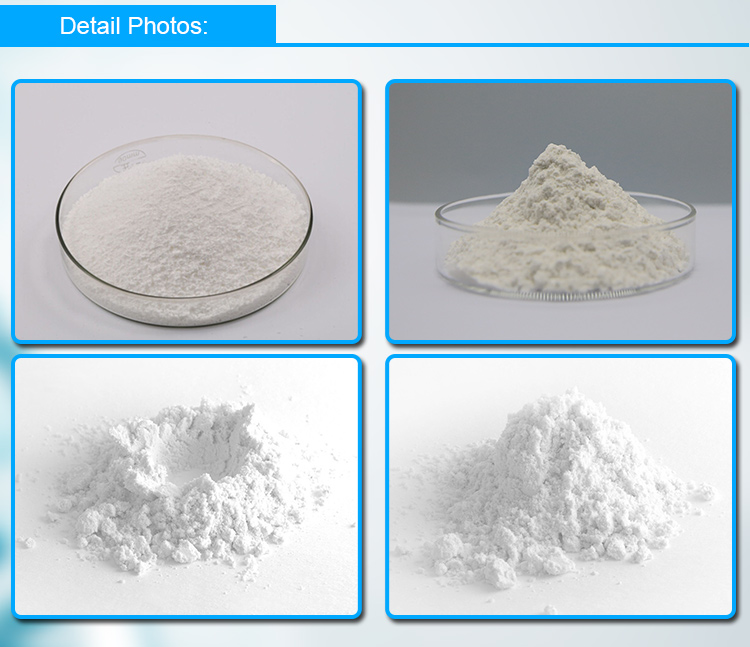Cosmetic Ingredient
- • Abrasive (124)
- • Absorbent (84)
- • Anticaking (66)
- • Anticorrosive (25)
- • Antifoaming (19)
- • Antimicrobials (290)
- • Antioxidant Ingredient (393)
- • Antiperspirant (20)
- • Antiplaque (48)
- • Anti-seborrheic (38)
- • Anti-sebum (39)
- • Antistatic (458)
- • Astringent (162)
- • Binding Agent (172)
- • Bleaching Agent (53)
- • Buffering (191)
- • Bulking (109)
- • Chelating (122)
- • Cleansing (679)
- • Cosmetic Colorant (212)
- • Cosmetic Preservative (158)
- • Denaturant (45)
- • Deodorant (98)
- • Depilatory (27)
- • Dissolving Agent (298)
- • Emollient (795)
- • Emulsifying Agent (480)
- • Emulsion Stabilising (154)
- • Exfoliating (19)
- • Film Forming (299)
- • Flavouring (72)
- • Foam Boosting (161)
- • Foaming (101)
- • Fragrance Ingredient (726)
- • Gel Forming (19)
- • Hair Conditioning (670)
- • Hair Dyeing (363)
- • Hair Fixing (36)
- • Hair Waving or Straightening (45)
- • Humectant (282)
- • Hydrotrope (92)
- • Keratolytic (20)
- • Light Stabilizer (80)
- • Moisturising Agent (50)
- • Nail Conditioning (42)
- • Occlusive (20)
- • Opacifying (119)
- • Oral Care (123)
- • Oxidising (19)
- • Perfuming (2105)
- • Plasticiser (98)
- • Propellant (19)
- • Reducing (50)
- • Refatting (12)
- • Refreshing (26)
- • Skin Cleansing (388)
- • Skin Conditioning (1751)
- • Skin Humectant (21)
- • Skin Protecting (282)
- • Smoothing (31)
- • Soothing (71)
- • Tonics (155)
- • UV Filter (34)
- • Viscosity Controlling (532)
Chemicals as Skincare Ingredients
Related News
-
Pfizer China Oncology Division Restructures Amid Executive Changes
2025-03-19 -
Price Surge Alert as Major Suppliers Increase Barium Sulfate Costs by 200 Yuan per Ton
2025-03-20 -
Shell Considers Partnering with the U.S. and Closing European Chemical Assets
2025-03-26 -
Quaker Houghton Acquires Dipsol Chemicals, Strengthening Advanced Solutions Portfolio
2025-03-27 -
AstraZeneca to Invest $2.5 Billion to Establish Global Drug R&D Center in Beijing
2025-03-25 -
Saudi Aramco CEO: Invest in downstream projects in China's energy, chemical and other fields
2025-03-28
Moisturising Agent
Maltose
(69-79-4)-
Industrial Grade / 99%
-
- / 0.00%
-
- / 99.00%
-
Request for quotation , get quotes from more suppliers.
Licorice extract
(68916-91-6)-
-
AR Grade / 99%
-
Food Grade / 65%
-
Food Grade / 99%
Request for quotation , get quotes from more suppliers.
Polysiloxanes, di-Me, hydroxy-terminated
(70131-67-8)-
Industrial Grade / 99%
$1-1.3/KG FOB
-
-
Pharmacy Grade / 99%
-
- / 99.00%
Request for quotation , get quotes from more suppliers.
Avocado oil
(8024-32-6)-
Industrial Grade / 99%
-
Pharmacy Grade / 99%
-
Pharmacy Grade / 99.5%
-
![AVOCADO OIL buy AVOCADO OIL]()
Request for quotation , get quotes from more suppliers.
-
-
Food Grade / 4%
-
![Echinacea purpurea buy Echinacea purpurea]()
Industrial Grade / 99%
-
![Echinacea buy Echinacea]()
Different Grade / 99.9%
$0.1/KG EXW
Request for quotation , get quotes from more suppliers.
Oils, jasmine
(8022-96-6)-
-
Flavors and Fragrances Grade / 99%
-
- / 0.00%
-
Pharmacy Grade / 0%
Request for quotation , get quotes from more suppliers.
Honey
(8028-66-8)-
Industrial Grade / 99%
-
-
![Honey buy Honey]()
-
![Honey buy Honey]()
Industrial Grade / 99%
Request for quotation , get quotes from more suppliers.
Magnesium acetylacetonate
(14024-56-7)-
Pharmacy Grade / 99%
-
![bis-(2,4-Pentanedionato) magnesium buy bis-(2,4-Pentanedionato) magnesium]()
-
![MAGNESIUM ACETYLACETONATE buy MAGNESIUM ACETYLACETONATE]()
Industrial Grade / 99.0%
-
![MAGNESIUM ACETYLACETONATE buy MAGNESIUM ACETYLACETONATE]()
Request for quotation , get quotes from more suppliers.
Protein hydrolyzates
(9015-54-7)-
![Protein Hydrolysate unspecified buy Protein Hydrolysate unspecified]()
Industrial Grade / 99%
-
![Protein Hydrolysate unspecified buy Protein Hydrolysate unspecified]()
-
![Protein Hydrolysate unspecified buy Protein Hydrolysate unspecified]()
Industrial Grade / 99%
-
![Protein Hydrolysate unspecified buy Protein Hydrolysate unspecified]()
Food Grade / 99%
$10/KG EXW
Request for quotation , get quotes from more suppliers.
-
Cosmetics Grade / -
-
Industrial Grade / 99%
-
Chemical Grade / 99%
-
Pharmacy Grade / 99%
Request for quotation , get quotes from more suppliers.
More Information
Moisturizing ingredients can allure, enclose, and uphold moisture in the skin. They generally have humectants like hyaluronic acid and glycerin which draw water from the environment or deeper skin layers to hydrate the outermost layers of the skin.
Emollients such as natural oils and silicones create a protective barrier that seals in moisture within the skin. This barrier is strengthened by occlusives like petrolatum or beeswax, which reduce water evaporation from the surface of the skin thereby ensuring long-lasting hydration.
Common moisturizing ingredients:
● Hyaluronic Acid
● Glycerin
● Ceramides
● Shea Butter














